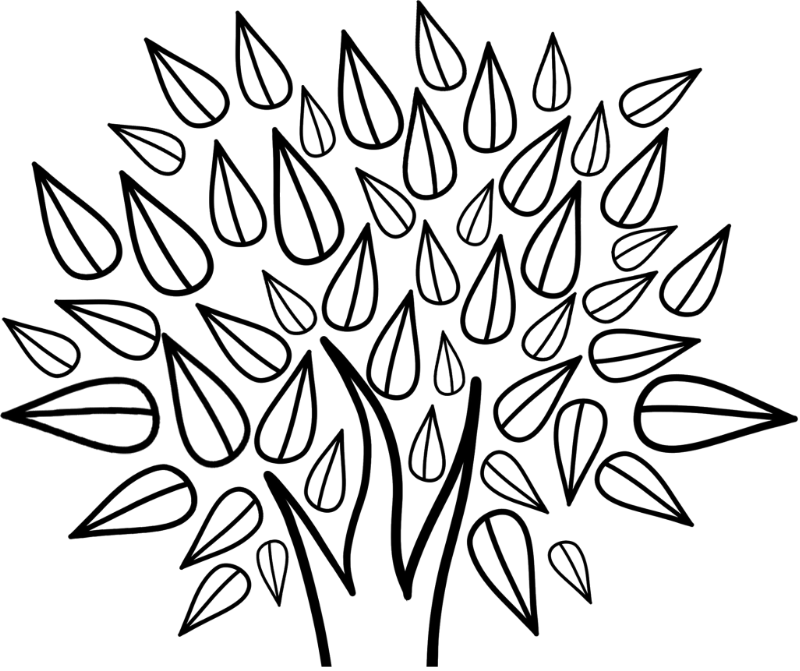LENT 2022
Caring for God’s Creation
Often Christians give up a habit or take up a new habit during Lent in remembrance of the 40 days Jesus spent in the wilderness fasting. We take on a personal habit which helps us to focus on our actions and be more mindful of our relationship with God which takes precedence over earthly desires. This Lent, St. Luke’s invites you to live more in harmony with God’s creation and to take on a habit that shows Care for God’s Creation. Humans, especially Americans, are using the Earth’s resources at a rate that is not sustainable. Our environment is changing rapidly, and alarming events remind us of how the earth’s inhabitants, human and not, are being impacted by the changes. Wildfires, floods, droughts and powerful storms are no longer uncommon and unfortunately disproportionately are affecting those with less means to overcome them. This Lent let us look into our lives and see what earthly desires are keeping us from living in harmony with God’s Creation.
If you have a question about any of these items or would like to talk to the Green Team or join our group please let the church office know at office@stlukespr.org.
Choose a green habit
Adopt a Green Habit from this list:


